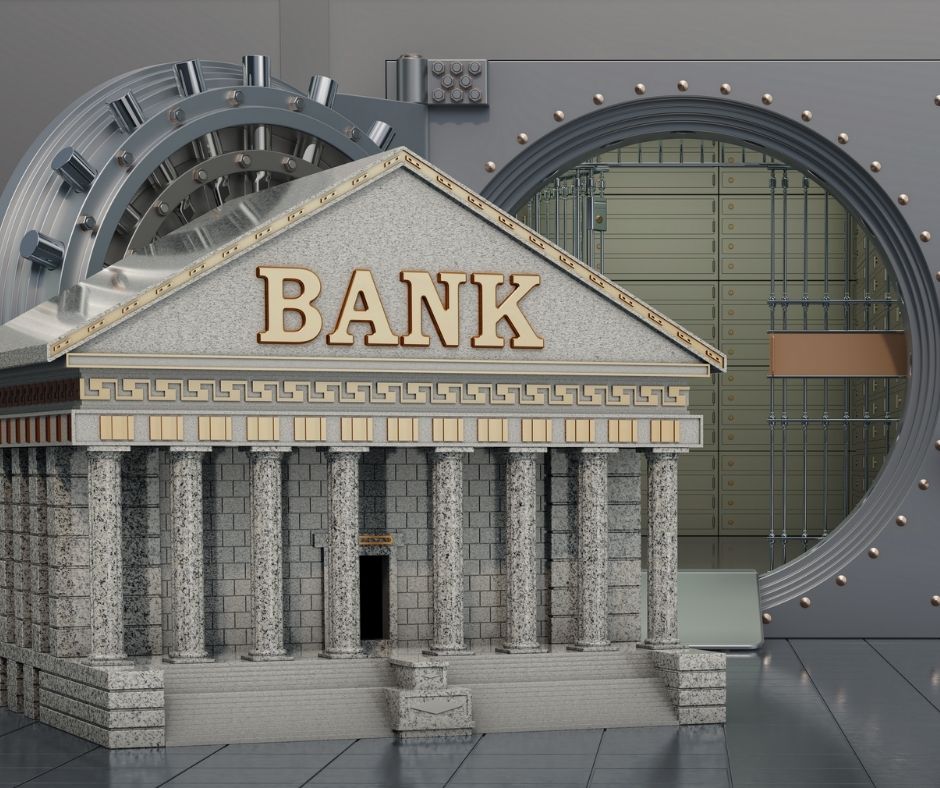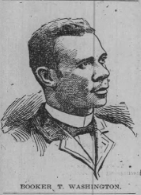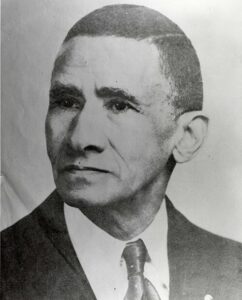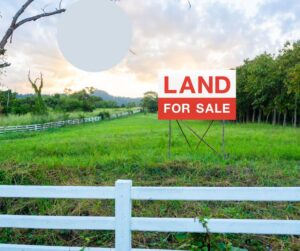Once upon a time in Black Entrepreneur History lived an African American man named Charles Dunn who became founder and operator of the Dime Bank and founder/manager of Hotel Charles in of Kinston, North Carolina.

Charles Dunn was born on January 31 of 1856, thus being enslaved as a baby, under the slaver John Dunn. The slaver John Dunn was not his father, as Dunn made it clear himself that he was a “full blooded negro”1.
In the autobiographical passage in The Daily Free Press of 1904, he explains that his father took him to Newbern, North Carolina in March of 1865, the year that all enslaved people were freed in the Confederacy of the USA. His father had taken him away from the plantation of a man named Bill Dixon. Bill Dixon’s son, David, was a hardware merchant in Kinston, North Carolina. This David was the man who began to teach Charles Dunn the alphabet, and he later went to school with a white teacher during the summer of 1865. From there, he ended up a servant in a house of Maj. Barrett for nine years where he also was taught school work by Barrett’s wife. Finally, he ended up in Florida for two years working in the lumber industry before moving to Kinston, North Carolina in June 1876.
It was in 1878 that he became a business owner by opening his own grocery store on Tuckahoe1. He’d become a great business man at the age of 22, and his store prospered, and this was at a time that the city of Kinston, North Carolina was booming for African Americans. Charles Dunn had much to do with the success of this Black community being that he was known as one of the Black leaders doing great things. White people also placed a great deal of confidence in Dunn2.
Despite all the good happening, tragedy struck when in 1895, his store burned to the ground during the Great Fire of that year. Called the Great Fire, or the Great Downtown Fire, of 1895, nearly all of the businesses of Kinston burned to the ground, destroying most of this all Black business district that spanned just over two blocks3. Dunn’s store was included in the loss.
When that occurred, he decided to buy the land where another business was also destroyed by the fire on Queen Street. On that lot, he built the Hotel Charles, a two story, 20 room brick house, and opened for business.
In 1897, not only did he help organize the Bank of Kinston, but he founded the Dime Bank. Within only two weeks of opening, Dime Bank already had 80 depositors, and of course, they were all African Americans who needed, desired and were happy to have a finanical institution in the area where they could save and accumulate wealth. Inside the bank was also a “5000 pound Mosler-Bahmann safe2” with the latest security lock at the time. Dime Bank was a dream come true for the Black business section that had been taken down by fire the year before, having displaced many and leaving many people searching for some sort of security.
Dime bank ran up through 1901, having to compete with other financial institutions. Dunn was “embarrassed” to have to close the financial institution on December 9, 1902 after being forced into bankruptcy to save his other properties, though under inspection, his financial books were good. One of the properties he was protecting with this bankruptcy was the Hotel Charles. He was a stand up man, and fought to keep everything he owned and his contributions to the city he loved in tact.
Charles Dunn was appointed as justice of the peace for Lenoir county for six years, according to The Kinston Free Press of 1899.
Charles Dunn’s Family
Charles Dunn had a son named Abe L. Dunn who was a private in the military and another son named James B Dunn, and they all lived at 227 Walnut Hay Street in Kinston, North Carolina. Although census records state he was married, it was possible that he and his wife was separated at some point because she isn’t listed on the census reports along with he and his sons.
Source:
- The Daily Free Press 08 Jun 1904, Wed · Page 3
- The Kinston Free Press, 02 Sep 1899, Sat · Page 6
- https://legeros.com/blog/kinston-fire-history/





More Related Stories
Isaac Scott Hathaway – Founder of Isaac Hathaway Art Company & Designer of First African American Coin
James Wormley – Founder of the Most Expensive Hotel in Washington D.C. in 1800s – the Wormley Hotel
William E. Matthews – Wealthy Financial Broker & Civil Rights Leader of 1800s